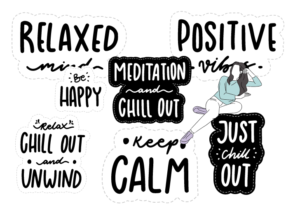
Beat the Bloat: Understanding and Managing Water Retention
Feeling bloated or puffy? Discover why you're retaining water and how to beat the bloat fast! Learn the common causes, signs, and easy solutions to reduce swelling and feel your best. From diet tips to lifestyle changes, find out how to manage and prevent water retention effectively. Whether it’s figuring out if it’s belly fat or water retention, understanding the impact of coffee, or learning quick fixes, we’ve got you covered. Dive into this friendly, easy-to-understand guide and say goodbye to water retention. Click to get the full scoop and start feeling lighter and healthier today!





